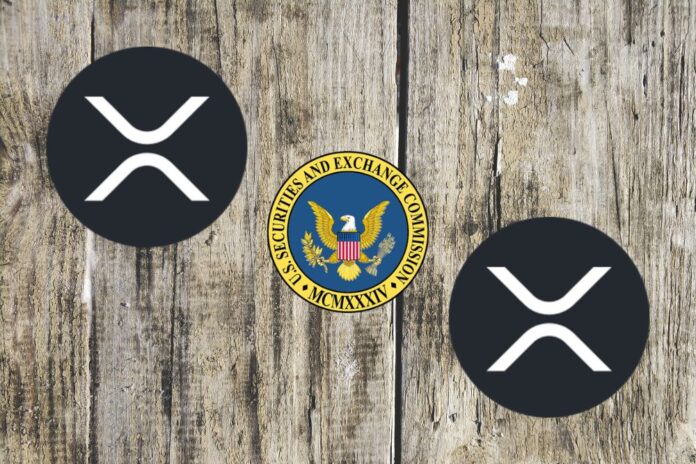In a recent revelation, digital asset researcher Anders has provided valuable insights into why the U.S. Securities and Exchange Commission (SEC) decided to go after Ripple and XRP.
The SEC’s charges against Ripple in December 2020, alleging the sale of XRP as an unregistered securities offering, stirred up speculation within the crypto community, particularly among XRP enthusiasts.
Read Also: Ripple CEO Unveils XRP Victory Tattoo and Addresses “Announcement” Rumor
Recently, attention was drawn to an old thread on X started by Attorney John Deaton, the founder of Crypto-Law, which has ignited further discussions.
Deaton Raises Questions Surrounding SEC’s Choice of XRP
In his thread, Deaton posed a series of thought-provoking queries regarding the SEC’s specific targeting of XRP. He questioned why the SEC would opt for a more challenging case, drawing comparisons to the early sales of ETH when the Ethereum team conducted a straightforward Initial Coin Offering (ICO).
Deaton also emphasized potential conflicts within the SEC during former chair Jay Clayton’s tenure, including the controversies sparked by William Hinman’s 2018 speech, in which he declared Bitcoin and Ethereum as non-securities. Moreover, Deaton highlighted the coincidental exodus of key officials from the SEC shortly after the Ripple case commenced.
SEC Attracted by Ripple’s Utilization of XRP
Interestingly, Anders points out that the SEC’s decision to target XRP stems from Ripple’s innovative use of the digital asset in cross-border settlements.
According to Anders, Ripple’s utilization of XRP disrupts the traditional nostro/vostro accounts and banking model, which has long been a significant revenue stream for many large banks. The researcher further asserts that this disruption threatens to expose the limited innovation among traditional financial institutions.
To support his claim, Anders shares a screenshot highlighting the immense profitability of cross-border payments. Business-to-business (B2B) settlements alone generate over $240 billion in revenue from transactions worth a staggering $135 trillion.
Because XRP (the way it’s used by Ripple) destroys nostro/vostro accounts & the correspondent banking model, which is a huge cash cow for a few mega banks. pic.twitter.com/fBTbTsJeCB
— Anders 🏁🇪🇺 (@X__Anderson) October 2, 2023
Read Also: Ripple CTO David Schwartz: Higher XRP Prices Will Bring About Cheaper Payments
Ripple’s Success in Cross-border Payments
It is essential to recognize that Ripple Labs is primarily focused on revolutionizing blockchain payments, with XRP playing a pivotal role. By employing XRP in cross-border settlements, Ripple eliminates intermediaries, eliminating delays and high transaction costs.
Numerous businesses and financial institutions have embraced Ripple’s solutions, particularly its On-Demand Liquidity (ODL) service, owing to the multiple advantages associated with XRP. For instance, Malaysian-based payments company Tranglo facilitated close to $1 billion worth of transactions using ODL.
Notably, ODL leverages XRP as a bridge currency to facilitate seamless conversion between different fiat currencies. Ripple continues to emphasize the non-security classification of XRP following a federal court’s ruling, solidifying its role as a valuable asset in the cryptocurrency ecosystem.
Follow us on Twitter, Facebook, Telegram, and Google News



